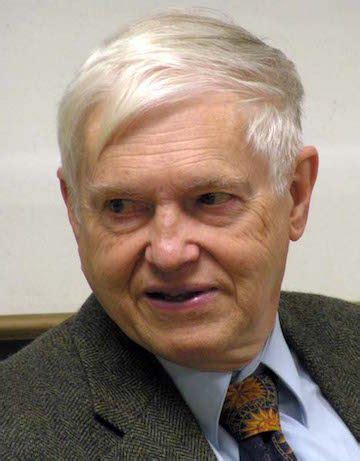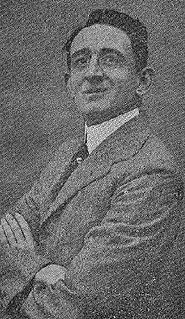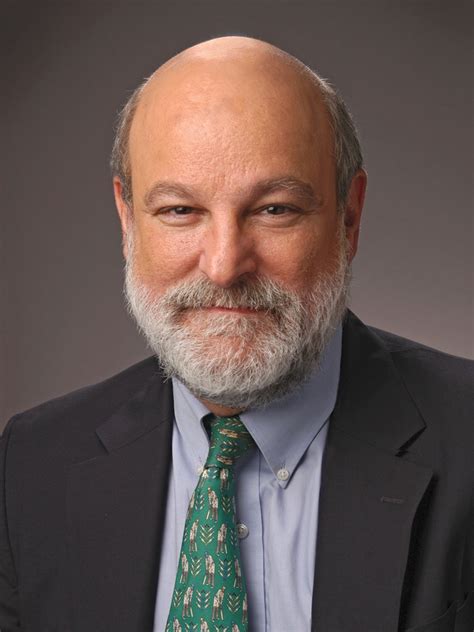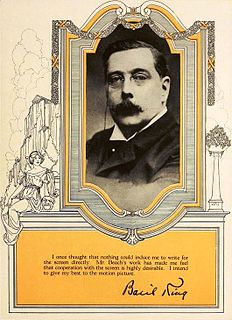A Quote by John H. Walton
We must also remember some of the key lessons of Scripture. In our weakness he is strong. He can use suffering to strengthen our character. He can use evil to accomplish good (precisely the nature of the discussion in the book of Habakkuk). God's sovereignty is demonstrated in that whatever personal or nonpersonal agents do, God takes it and turns it to his purpose.
Related Quotes
In this age of space flight, when we use the modern tools of science to advance into new regions of human activity, the Bible... remains in every way an up-to-date book. Our knowledge and use of the laws of nature that enable us to fly to the Moon also enable us to destroy our home planet with the atom bomb. Science itself does not address the question whether we should use the power at our disposal for good or for evil. The guidelines of what we ought to do are furnished in the moral law of God.
We need to remember the purpose of our service to one another. If it were only to accomplish some part of His work, God could dispatch 'legions of angels.' . . . But that would not achieve the purpose of the service He has prescribed. We serve God and our fellowmen in order to become the kind of children who can return to live with our heavenly parents.
That which should distinguish the suffering of believers from unbelievers is the confidence that our suffering is under the control of an all-powerful and all-loving God. Our suffering has meaning and purpose in God's eternal plan, and He brings or allows to come into our lives only that which is for His glory and our good.
Nevertheless, just as I believe that the Book of Scripture illumines the pathway to God, so I believe that the Book of Nature, with its astonishing details-the blade of grass, the Conus cedonulli, or the resonance levels of the carbon atom-also suggest a God of purpose and a God of design. And I think my belief makes me no less a scientist.
[T]he scripture worshippers put the writings ahead of God. Instead of interpreting God's actions in nature, for example, they interpret nature in the light of the Scripture. Nature says the rock is billions of years old, but the book says different, so even though men wrote the book, and God made the rock and God gave us minds that have found ways to tell how old it is, we still choose to believe the Scripture.
The refusal to be creative is an act of self-will and is counter to our true nature. When we are open to our creativity, we are opening to God: good, orderly direction. As we pursue our creative fulfillment, all elements of our life move toward harmony. As we strengthen our creativity, we strengthen our connection to the Creator within. Artists love other artists. Our relationship to God is co-creative, artist to artist. It is God's will for us to live in creative abundance.
The Bible is not a book like any other. It makes a claim that God spoke and speaks through its message. It argues that as his creatures, we are accountable to him for what he has revealed. The trustworthiness of Scripture points to its authority as well. Scripture is far more than a history book, as good and trustworthy as that history is. It is a book that calls us to examine our lives and relationship to God. Beyond the fascinating history, it contains vital and life-transforming truths about God and us.
God is with us to be utilised. His Power, His Love, His Thought, His Presence, must be at our disposal, like other great forces, such as sunshine and wind and rain. We can use them or not, as we please. That we could use them to their full potentiality is, of course, not to be thought of; but we can use them in proportion to our ability.
Nothing is a surprise to God; nothing is a setback to His plans; nothing can thwart His purposes; and nothing is beyond His control. His sovereignty is absolute. Everything that happens is uniquely ordained by God. Sovereignty is a weighty thing to ascribe to the nature and character of God. Yet if He were not sovereign, He would not be God. The Bible is clear that God is in control of everything that happens.
The Scripture abounds in commands and cautions for our utmost diligence in our search and inquiry as to whether we are made partakers of Christ or not, or whether His Spirit dwells in us or not-which argue both the difficulty of attaining an assured confidence herein, as also the danger of our being mistaken, and yet the certainty of a good issue upon the diligent and regular use of means to that purpose.
In making our decisions, we must use the brains that God has given us. But we must also use our hearts which He also gave us. A man who has not learned to say, No -who is not resolved that he will take God's way, in spite of every dog that can bay or bark at him, in spite of every silvery choice that woos him aside-will be a weak and a wretched man till he dies.






























